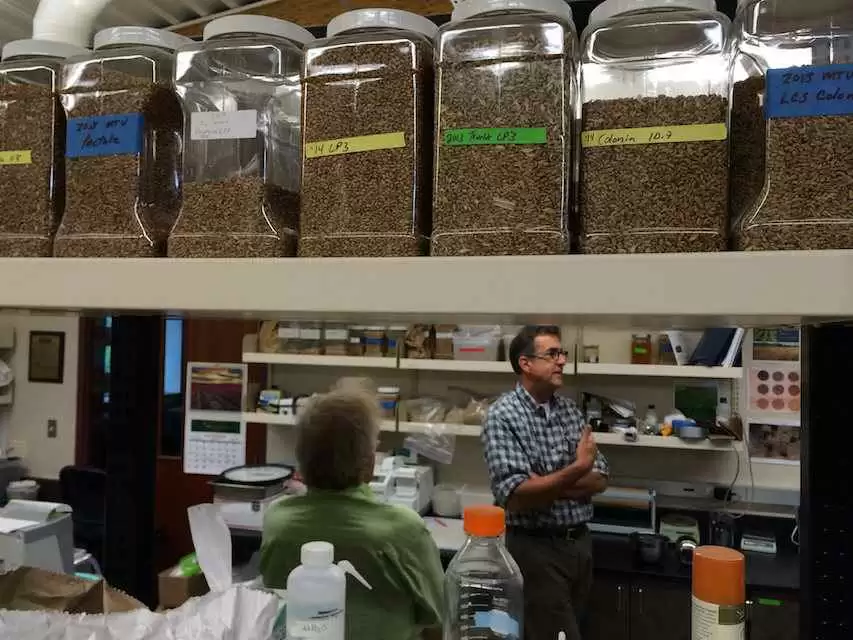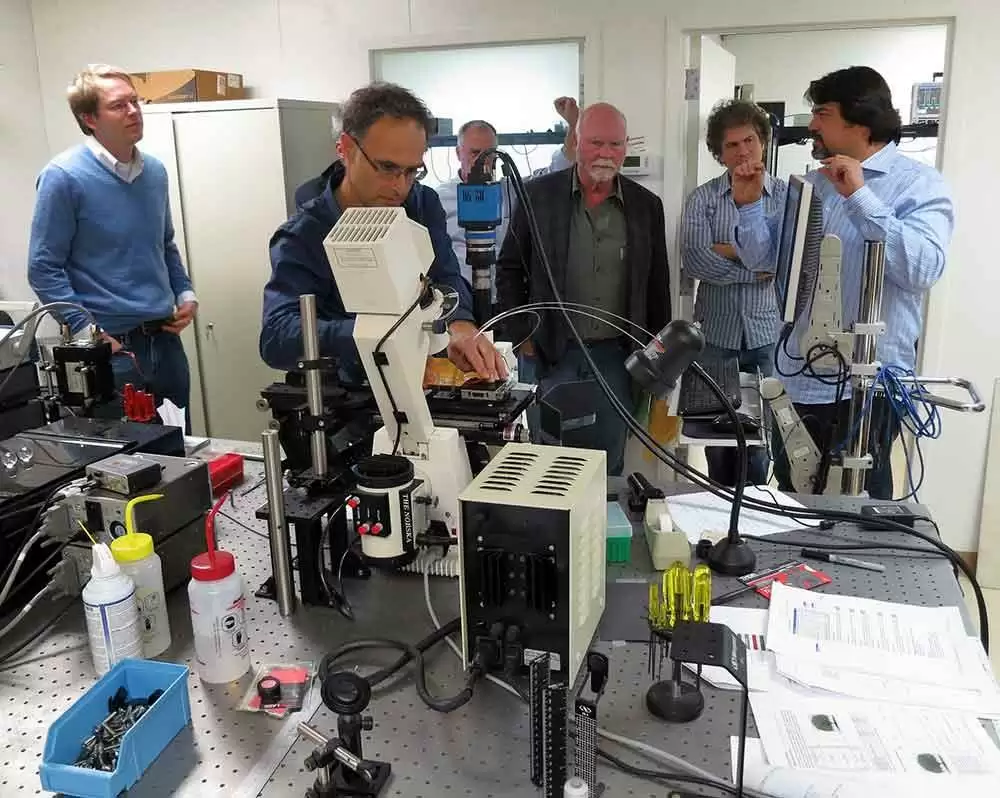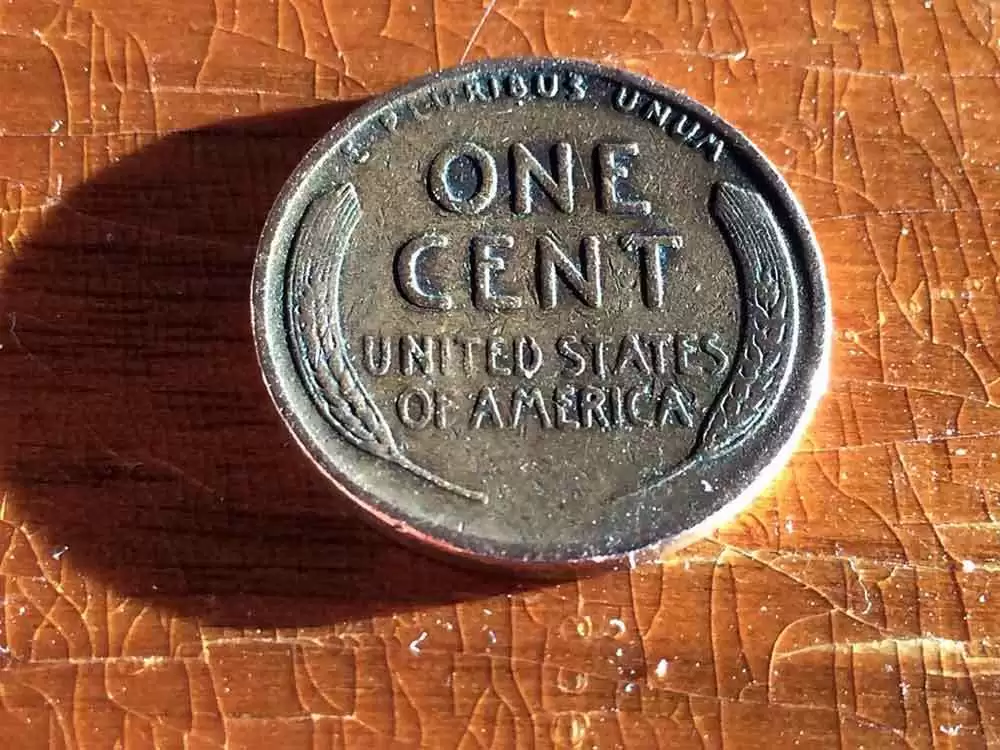
A team of researchers recently set out to engineer low-gluten wheat strains that also have low-reactivity for people with celiac disease. To meet their goals, the team designed two sgRNAs to target a conserved region adjacent to the coding sequence for the 33-mer in the -gliadin genes. They then sought to evaluate the results.
The research team included Susana Sánchez-León, Javier Gil-Humanes, Carmen V. Ozuna, María J. Giménez, Carolina Sousa, Daniel F. Voytas, and Francisco Barro. They are variously affiliated with the Departamento de Mejora Genética Vegetal, Instituto de Agricultura Sostenible (IAS-CSIC...
- Read Full Article...
- 1 comment
- 6,206 views








